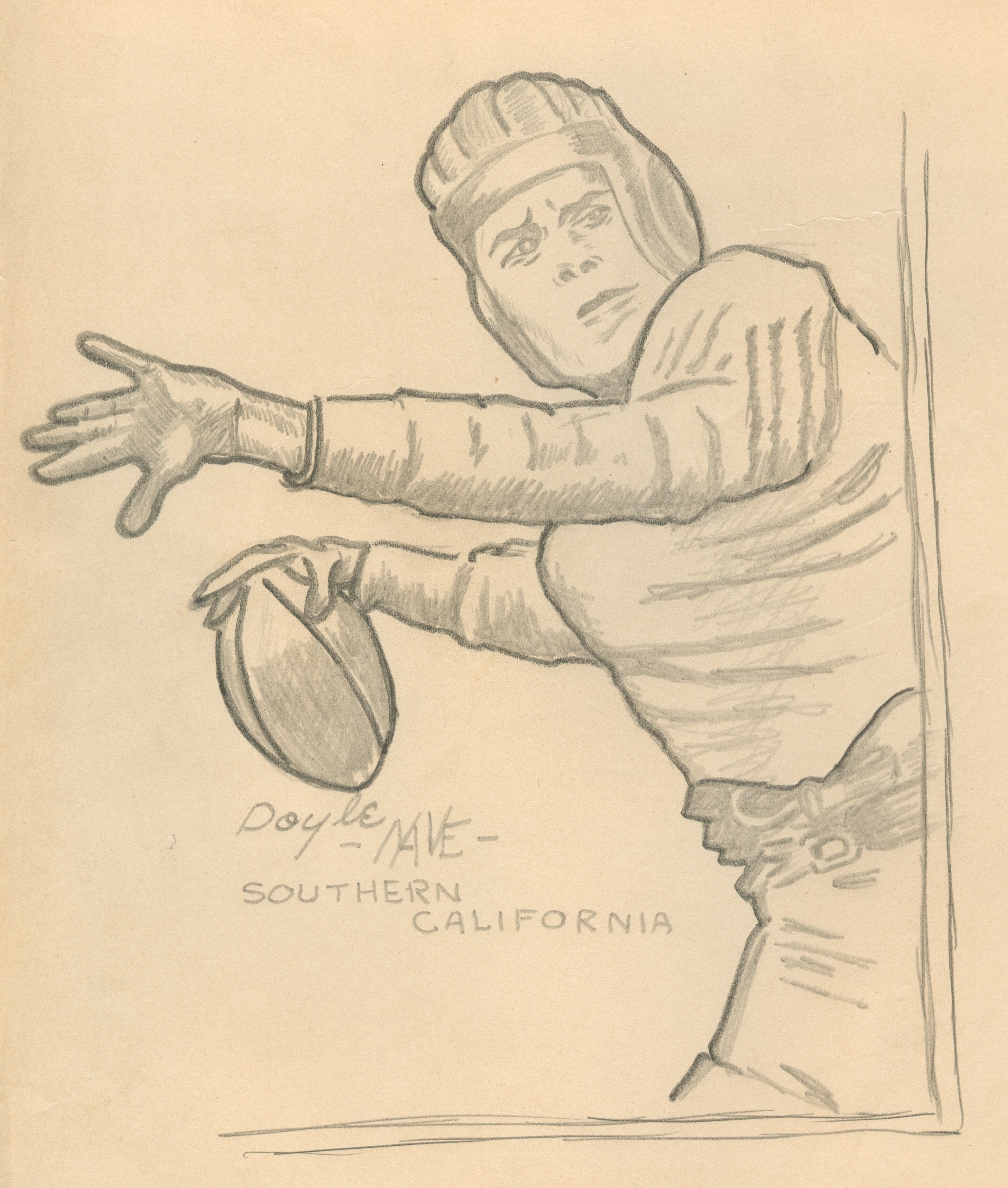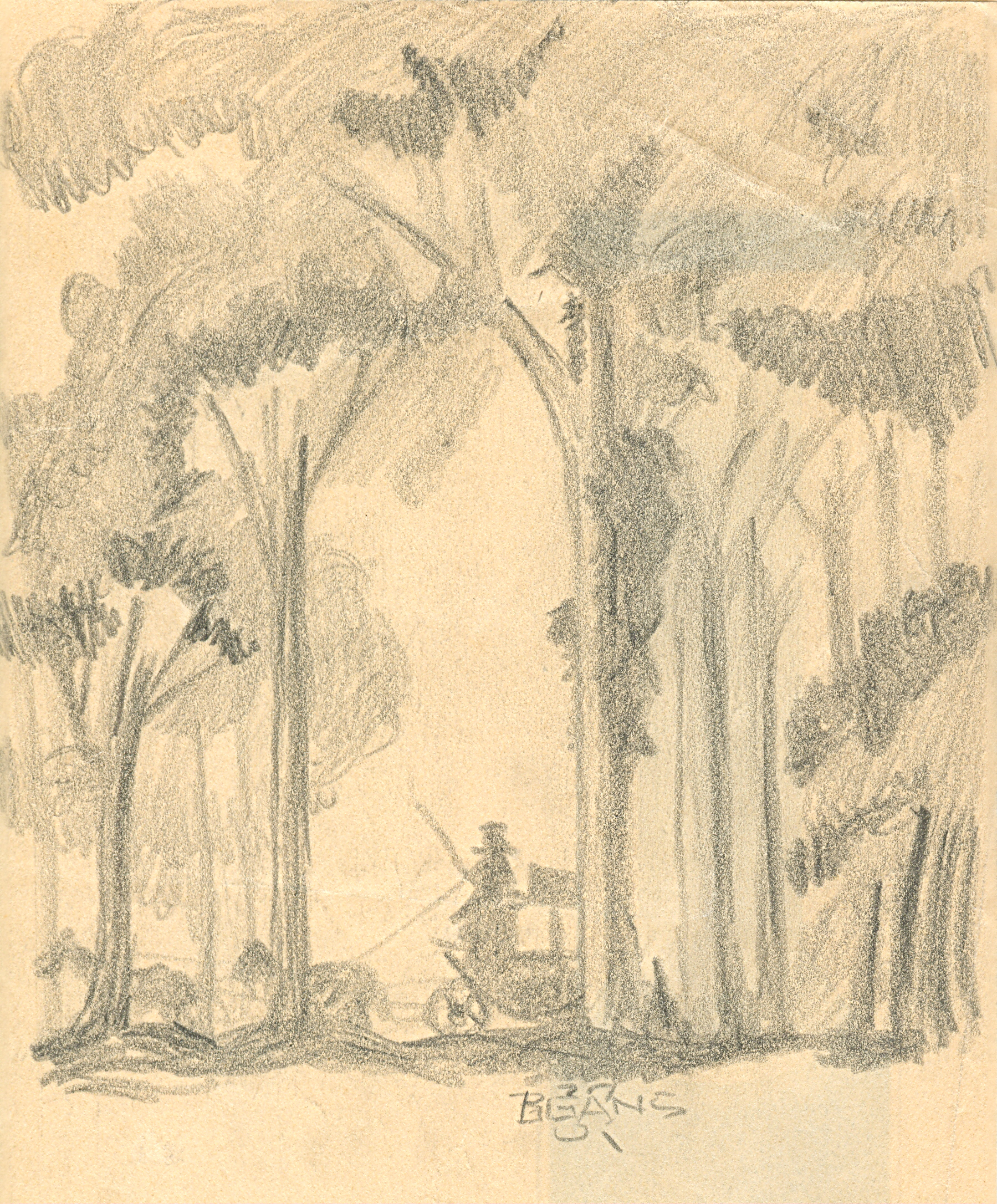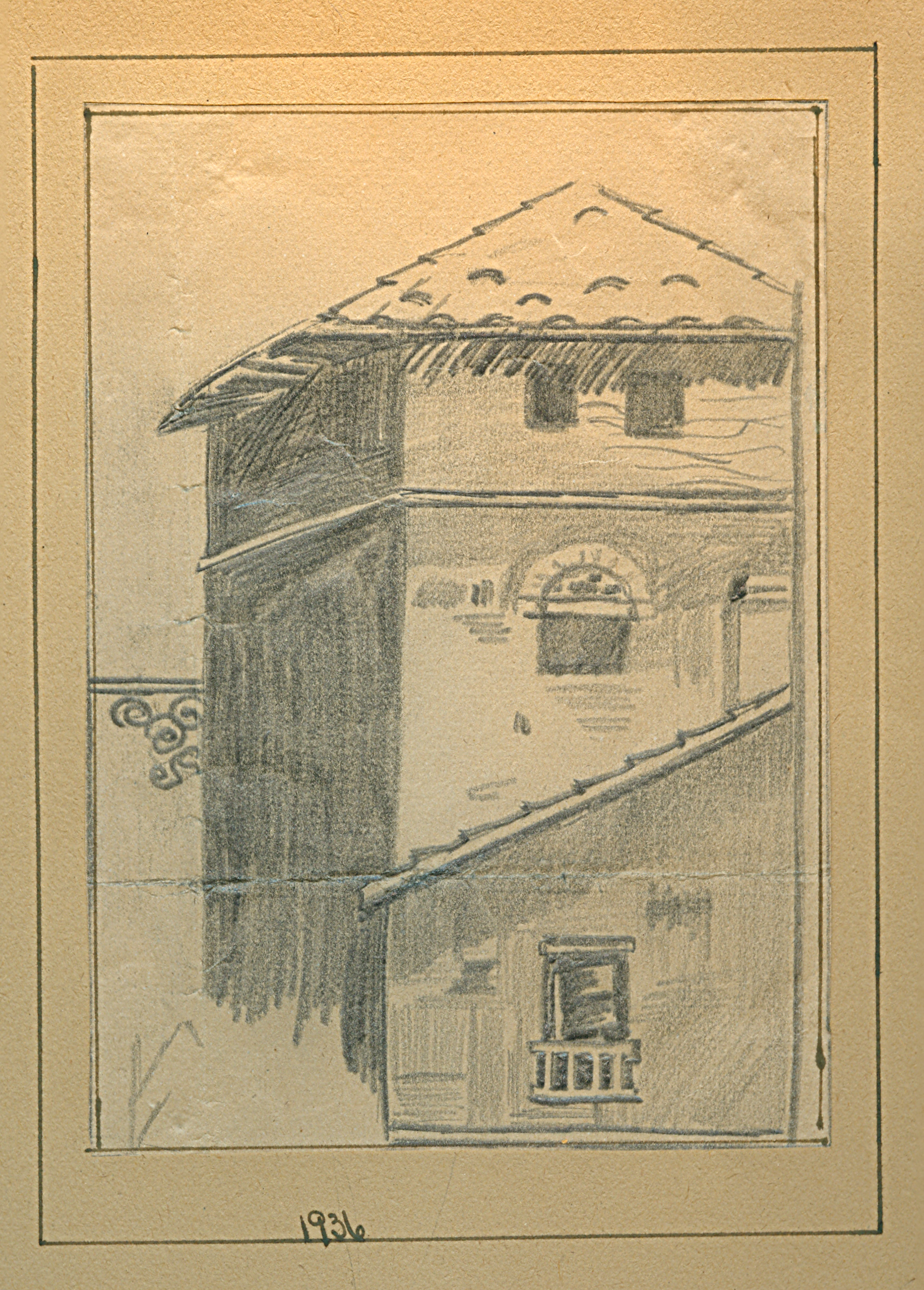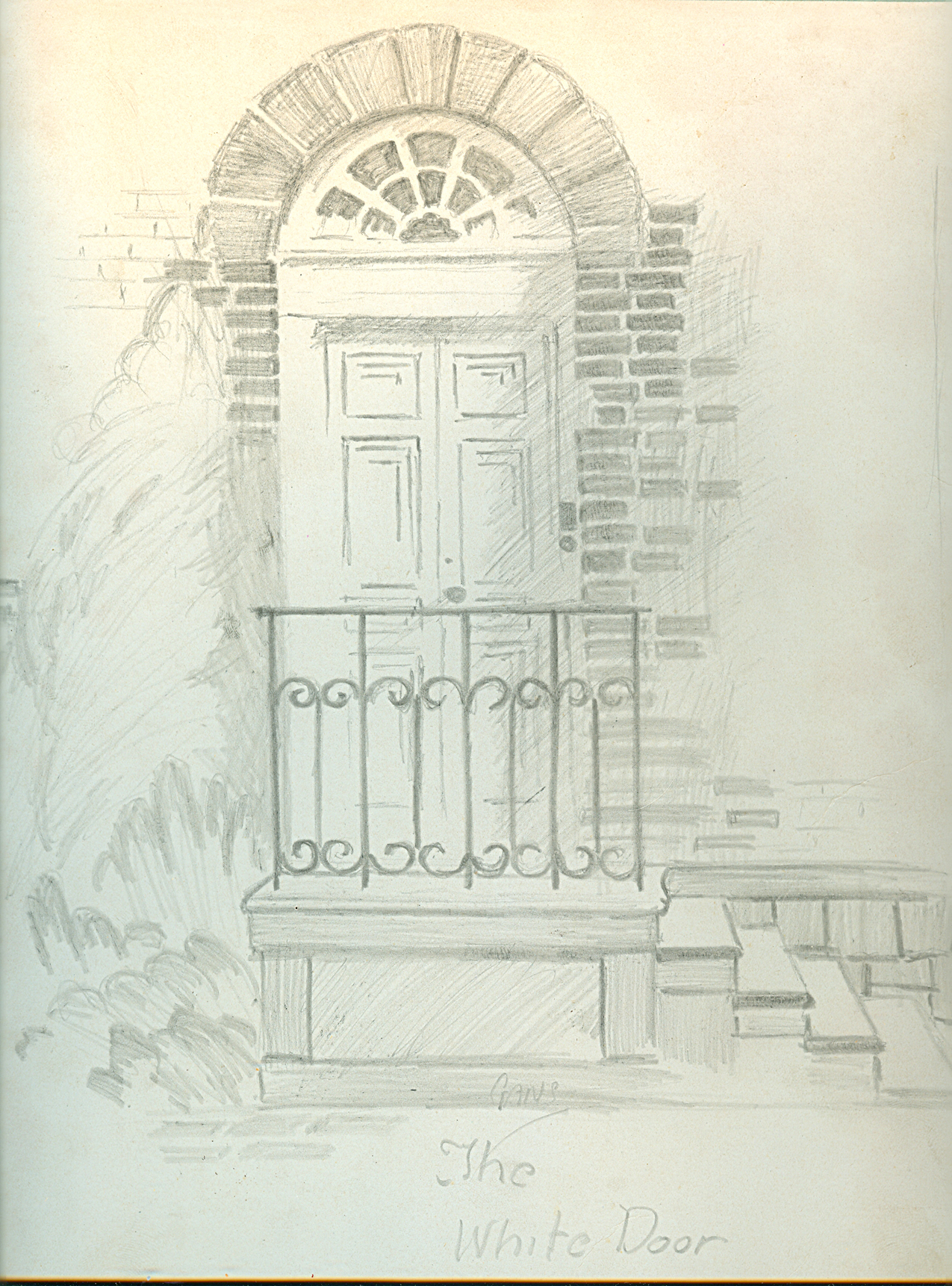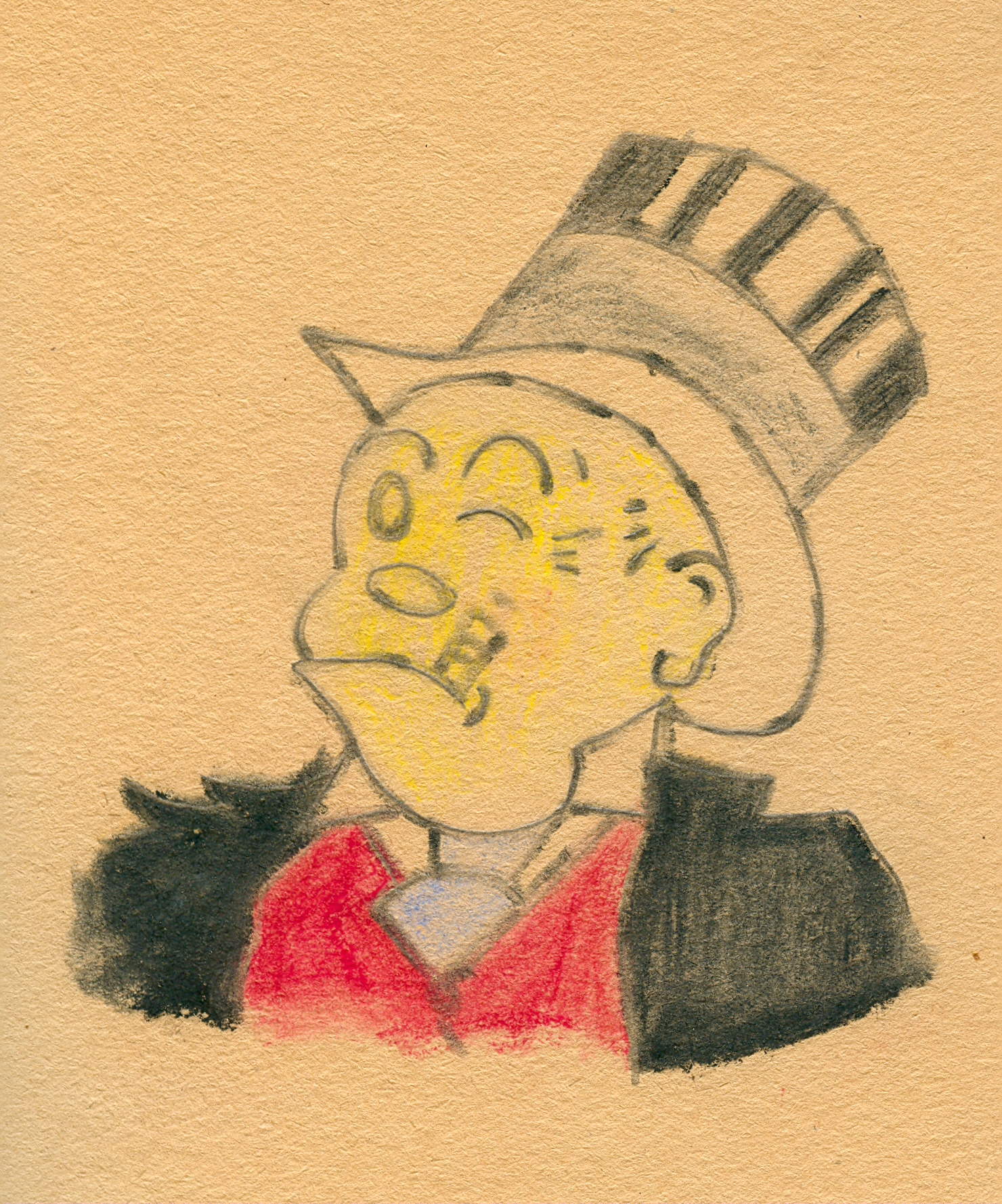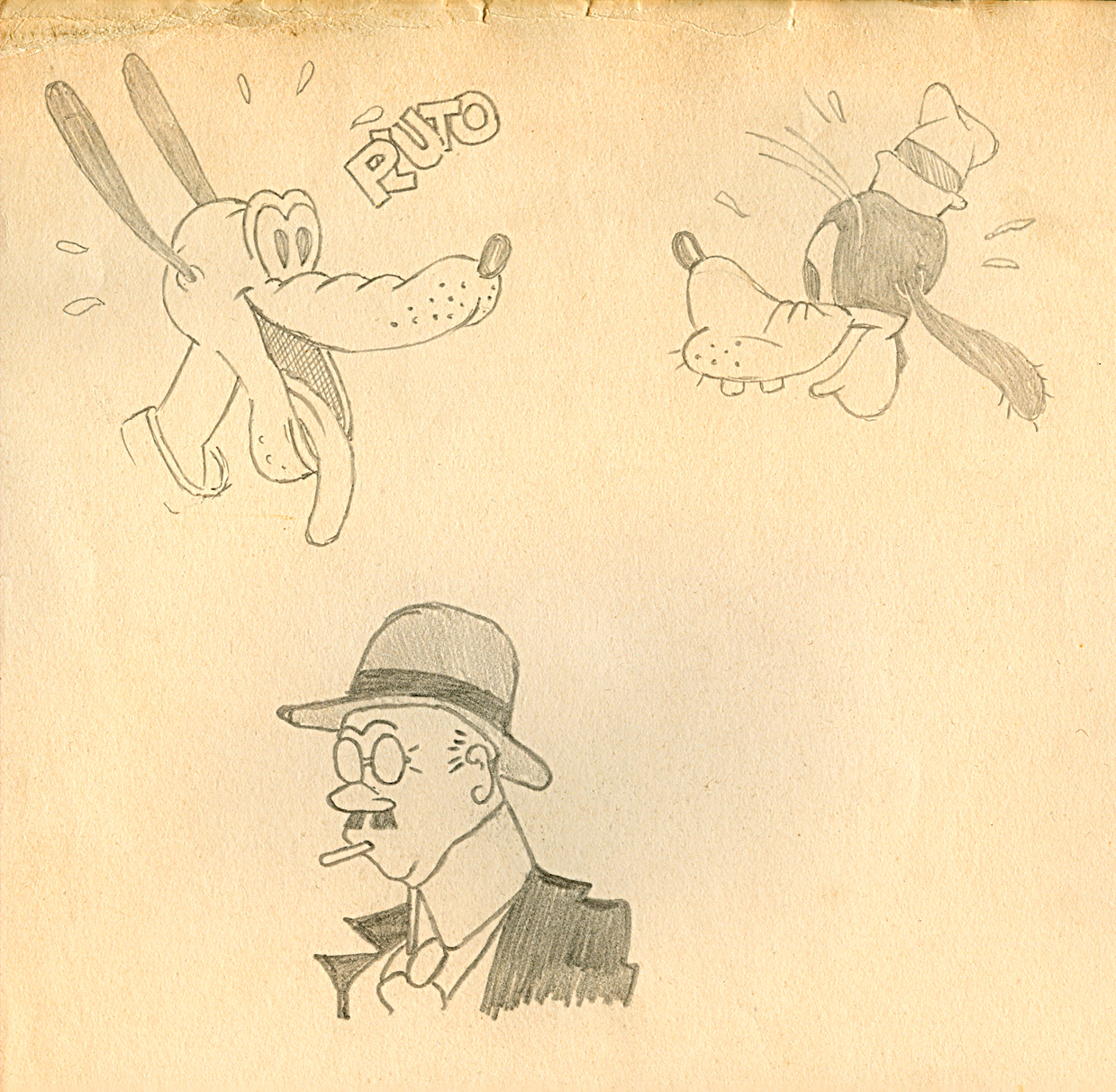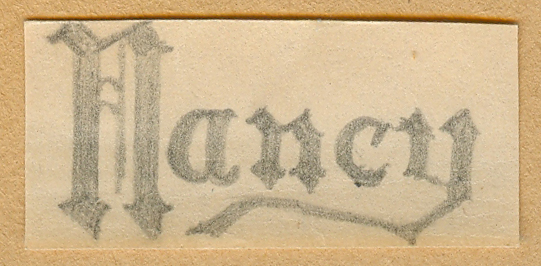I’ve sent out 4 queries for my WIP. I’ve heard back from one, and am in limbo for the rest. The long wait times are not unexpected—I’ve been here before. It is funny, though, how jazzed I get when I first send queries out. I check my email every hour for the first couple of days. Then slowly the adrenaline fades and I check a couple of times a day.
I wrote a while back about patience being a writing virtue when it comes to revision. Patience is also needed once you reach the query stage. Sometimes it takes weeks for an agent to get to your query. And some agents have that no-response-no-interest that lengthens the silence into eternity. While I am not a fan of that, I do understand where they are coming from. I do wish that all agents would set up an auto-response confirming they got your query, though. As the silence stretches, I can’t help but wonder if my email missed the mark and is lost in the ether somewhere!
So I am back to patience again. I do intend to send out a few more queries this week, but then will likely wait a few weeks before sending out another round. And of course if I get no responses by November, I will probably suspend querying until January, since the holidays make things grind to almost a halt in the publishing world, as far as new acquisitions go.
I have heard over and over on various blogs and from successful authors that to make it in the traditional publishing world requires (aside from a great book) patience and perseverance. I think I’ve got the patience thing going on, and I don’t have any intention of giving up, so hopefully I’m good!
I already can hear some of my writing buddies wondering why I don’t just self-publish, and cut through the waiting. I have nothing against self-publishing, and fully expect to use it for certain projects in my career (particularly the genealogy books I am writing). But for my first book, and hopefully for the majority of them, I would like to have the backing of an agent and publisher. It’s just a personal preference—what I need to feel more secure when starting this new phase of my career.
So for right now I am waiting. But I am not idle. I am working on an outline for a sequel, and I have another middle grade in mid-revision right now. I am also returning to a YA paranormal that I feel is almost “there” but needs another look now that I have learned so much in revising my current WIP in submission. Because that is another piece of advice I have heard over and over:
Never. Stop. Writing.
It is the cure for over-active nerves while waiting to hear from agents.
Patience. It really is a writing virtue.


